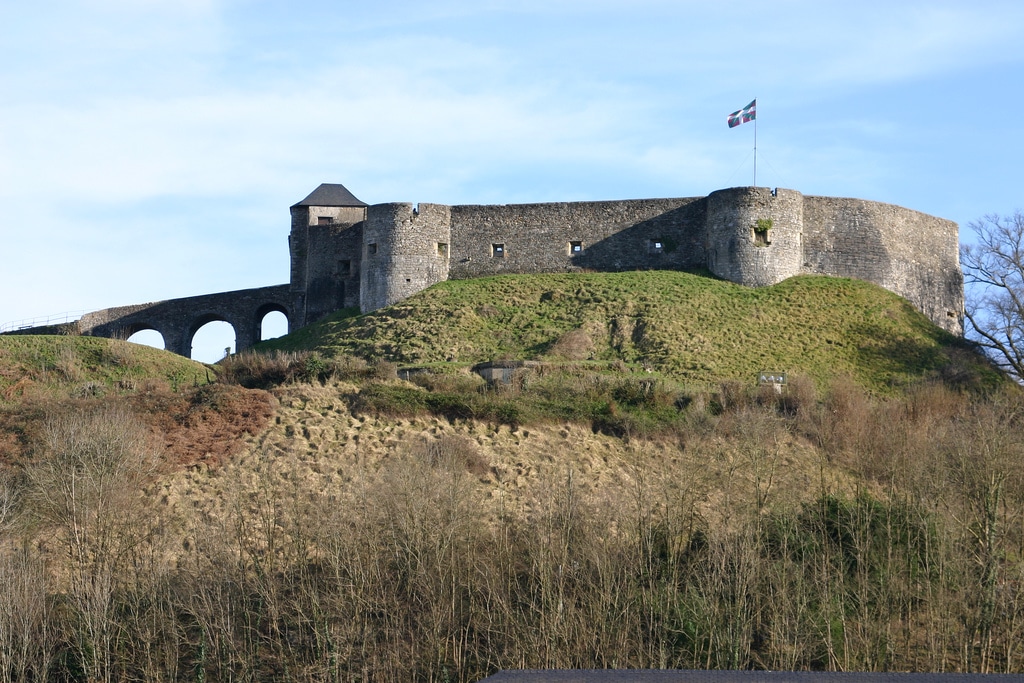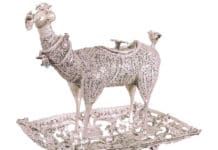This isn’t the first time we’ve covered a program on French public broadcaster France 3. We already mentioned the show “Txirrita,” hosted by Allande Boutin, when they dedicated one of their episodes to the birth (by order of Lehendakari Aguirre) and work of Eresoinka, which toured Europe in defense of the Cause of the Basque people and democracy at a time when the only weapon the Basque people had at their disposal was cultural: their songs and dances.
Honestly, if it were up to us, we’d dedicate an entry to each one of the episodes of this program, which helps us discover the history and reality of our nation. It’s produced in the Northern Basque Country, on French public television, but it does not understand the borders that divide the Basques. For those interested, you can check out all their episodes, and watch them, here. There are more than a hundred of them, covering a wide range of stories. You must be registered in order to view them, but it’s free to do so; those living north of the Pyrenees must also provide their postal code.
But why have we decided to cover this show again? Because it speaks of our history and the idiosyncrasies of a region that is practically forgotten by most Basques: Soule. It’s the smallest and least populated of the 6/7 Basque territories, but, we have to admit, one of our favorites.
Choosing one part of our country as our absolute favorite would be too much commitment, and we don’t want to offend anyone. But, having said that, we must admit that we are especially fond of this part of our country. And we’ve proven so on our blog.
One of these entries we dedicated to this territory was given a title that we thought reflected the contents of the “Txirrita” entry very well: A journey to the heart of the Land of the Basques: Soule. In this article, we a thought occurred to us, as it has done so many times before:
We are definitely part of a nation made up of territories with big personality. As a good friend who understands these things well once told us, “We’re not ‘the Basque Country’, but rather ‘the Basque Countries’”.
And this reinforces in us the idea that the construction of our nation would have to be similar to that of the Swiss Confederation. We feel that the original idea set forth by Basque nationalism at the end of the 19th century that our nation should be a “confederation of fraternal territories, equal and free” is more valid than ever before.
We also felt that Basques on both sides of the Pyrenees understand each other poorly. We often felt that we see each other more as strangers than brothers. There’s a lot of work still to do in this area, and it won’t be easy.
The video, and the presentation that accompanies it, tell us of the enormous strength, passion, and personality of those who live in this part of our country. It transmits to us the strength of their history and of their character noted for being a land of free people. And that’s all just in the opening summary.
Philippe Etchegoyhen, in his latest book called “Communautés souletines” tells us the keys of this organization in the Land of Soule that partly survived the Revolution: absolute birthrights, pasturing rights and collective management of land and woods, and the right to bear arms. A society where serfdom hasn’t existed since at least the tenth century!
This is common among all Basque territories. As we said in an article on the fueros, Basques have had civil rights since long before the Enlightenment or popular revolutions.
Don’t miss this episode of “Txirrita,” and be sure to take a gander a tall their other episodes, of which more than a hundred have been broadcast. You’re sure to find true gems.
France 3 Regions – 5/1/2023 – France
La Soule, aujourd’hui trait d’union entre la Navarre et le Béarn, dès le Moyen-Age, a été tiraillée entre ses puissants voisins. Elle a su par le jeu d’alliances subtiles préserver son identité, son autonomie et ses droits ancestraux.
Philippe Etchegoyhen dans son dernier ouvrage intitulé « Communautés souletines » nous donne les clés de cette organisation de la société du Pays de Soule qui a en partie survécu à la Révolution : droits d’aînesse absolus, droits de pacages et gestion collective de terres et forêts, droit au port d’armes. Une société où le servage n’existe plus depuis au moins le Xᵉ siècle !
(Follow) (Automatic Translation)
The TV program
Last Updated on Jan 13, 2023 by About Basque Country





